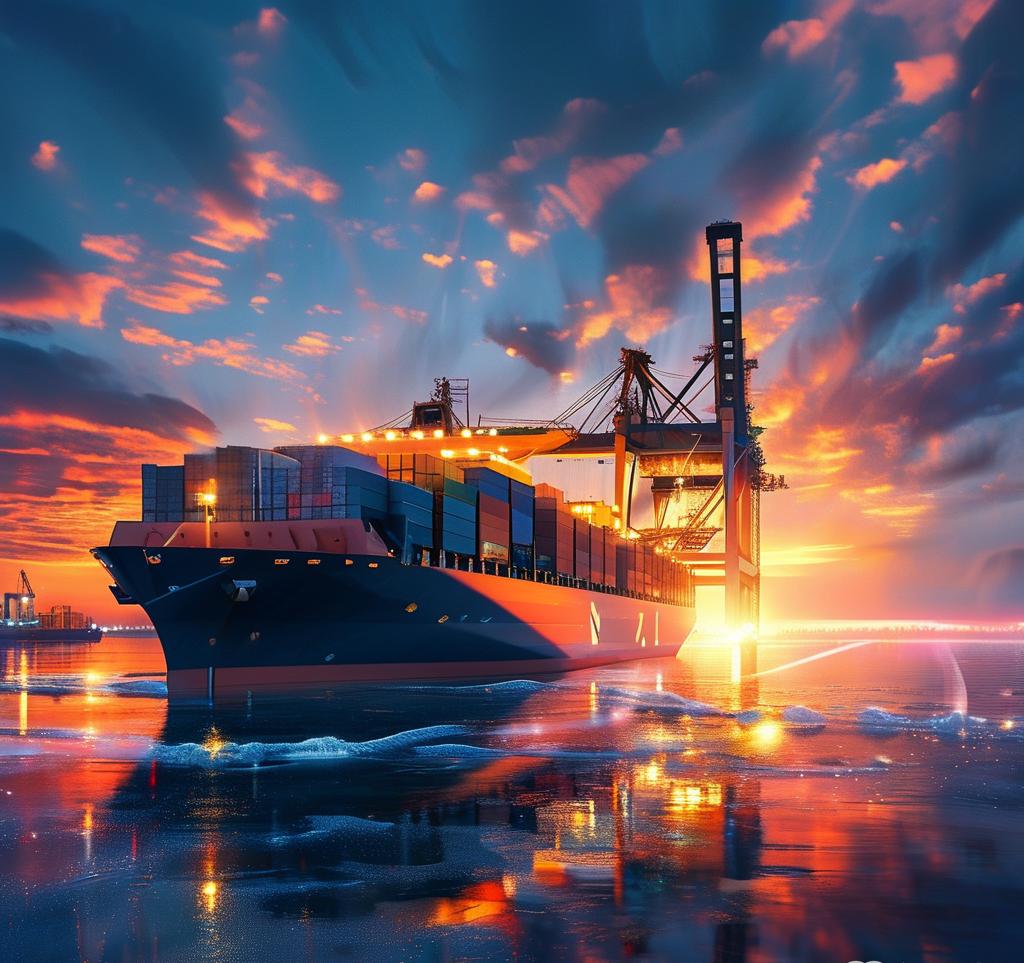As someone who regularly exports goods from China to the Philippines, I’ve learned that working with a local shipping agent in the Philippines makes everything easier—from customs clearance to final delivery. Here’s how I made the process smoother by collaborating with a reliable partner on the ground.
1. Choose a Certified Forwarder Philippines from China
The first step is to find a certified freight forwarder that operates both in China and the Philippines. I always look for agents who are:
- Accredited by the Philippine Bureau of Customs
- Familiar with export processes from China
- Able to provide end-to-end logistics, from pick-up in China to last-mile delivery in the Philippines
A certified forwarder Philippines from China will also offer real-time updates and tracking, which gives me peace of mind.
2. Understand Philippines Shipping Regulations for Exporters
Before shipping, I took time to understand Philippines shipping regulations, such as:
- Required documents: commercial invoice, packing list, bill of lading
- Product-specific import permits (e.g., electronics, cosmetics, food)
- HS code classification and applicable taxes
Good agents helped me comply with Philippines shipping regulations for exporters, avoiding penalties or shipment delays.
3. Clarify Responsibilities and Communication
I always set clear expectations about:
- Who handles customs clearance
- Who pays duties and taxes (me or my buyer)
- Cut-off times and delivery timelines
Local shipping agents help bridge the communication gap between Chinese sellers and Filipino buyers, especially when last-mile delivery coordination is needed.
4. Request End-to-End Support
The best local agents don’t just do customs—they also offer:
- Local warehousing
- Door-to-door delivery
- COD (cash on delivery) services if you’re shipping to end-users
This is especially helpful when I’m shipping large volumes or bulky items that require special handling on arrival.
5. Review Fees and Service Packages
Every peso counts when importing. A good shipping agent should give you a transparent quote, which includes:
- Clearance fees
- Handling charges
- Any Philippine-specific taxes or surcharges
I always compare 2–3 agents before making a decision.

People Also Ask (PAA)
1. Why should I work with a local shipping agent in the Philippines?
They help with customs clearance, delivery coordination, and solving local logistics issues quickly.
2. How do I verify if a shipping agent is certified in the Philippines?
Check if they’re registered with the Bureau of Customs or affiliated with recognized freight networks.
3. What documents are required for shipping goods to the Philippines?
Typically a commercial invoice, packing list, and bill of lading, plus permits for restricted goods.
4. Can a shipping agent handle taxes and duties in the Philippines?
Yes, most certified agents can prepay or assist with customs duties and VAT processing.
5. Is it cheaper to use a local shipping agent than a global company?
Usually yes—local agents offer more tailored solutions and better rates for Philippine-specific services.
